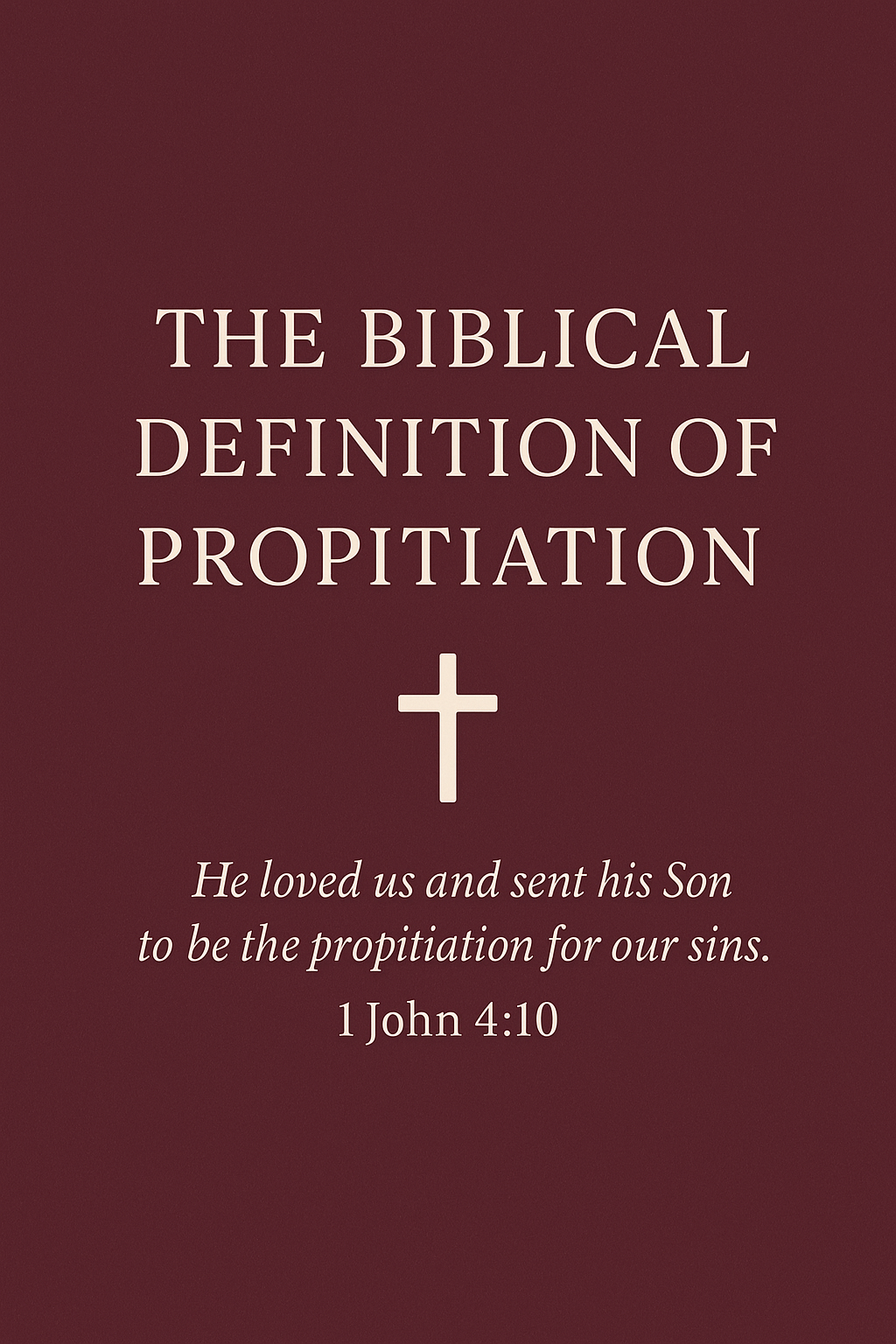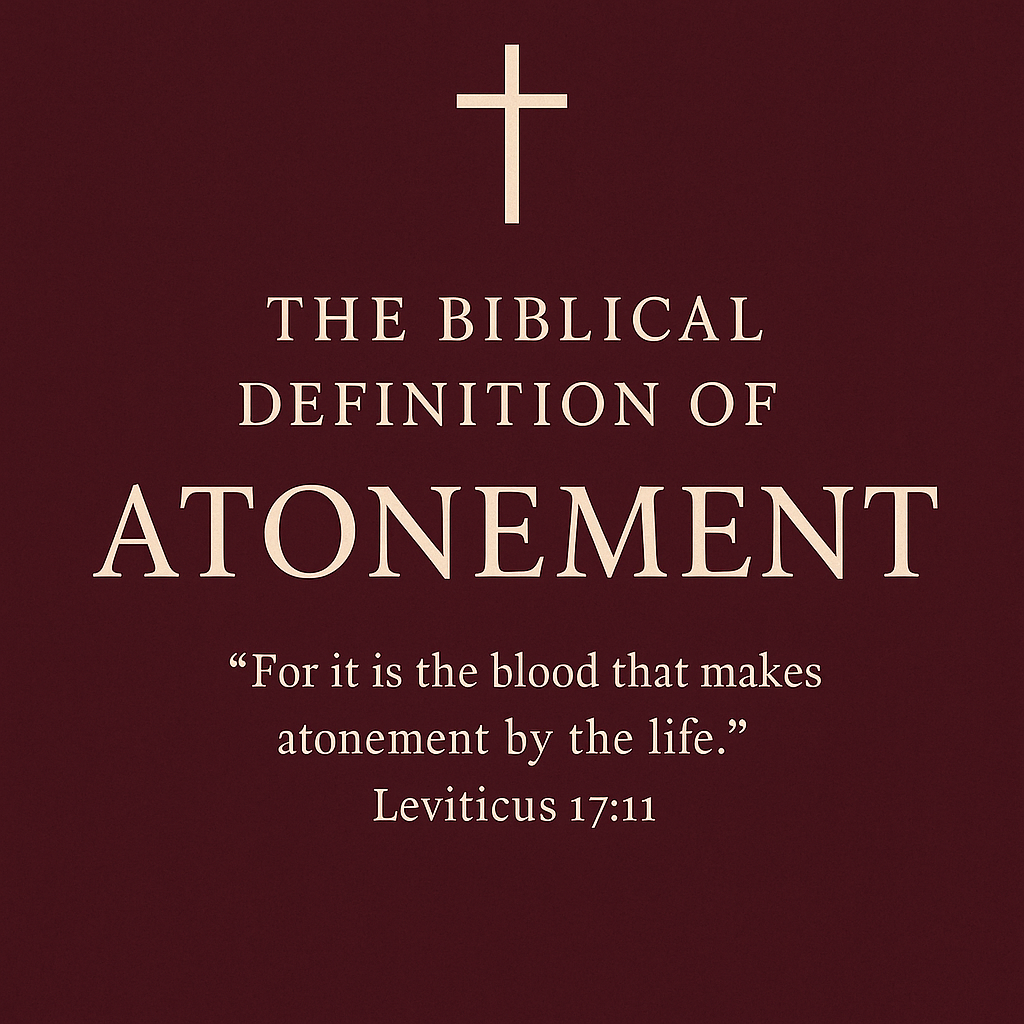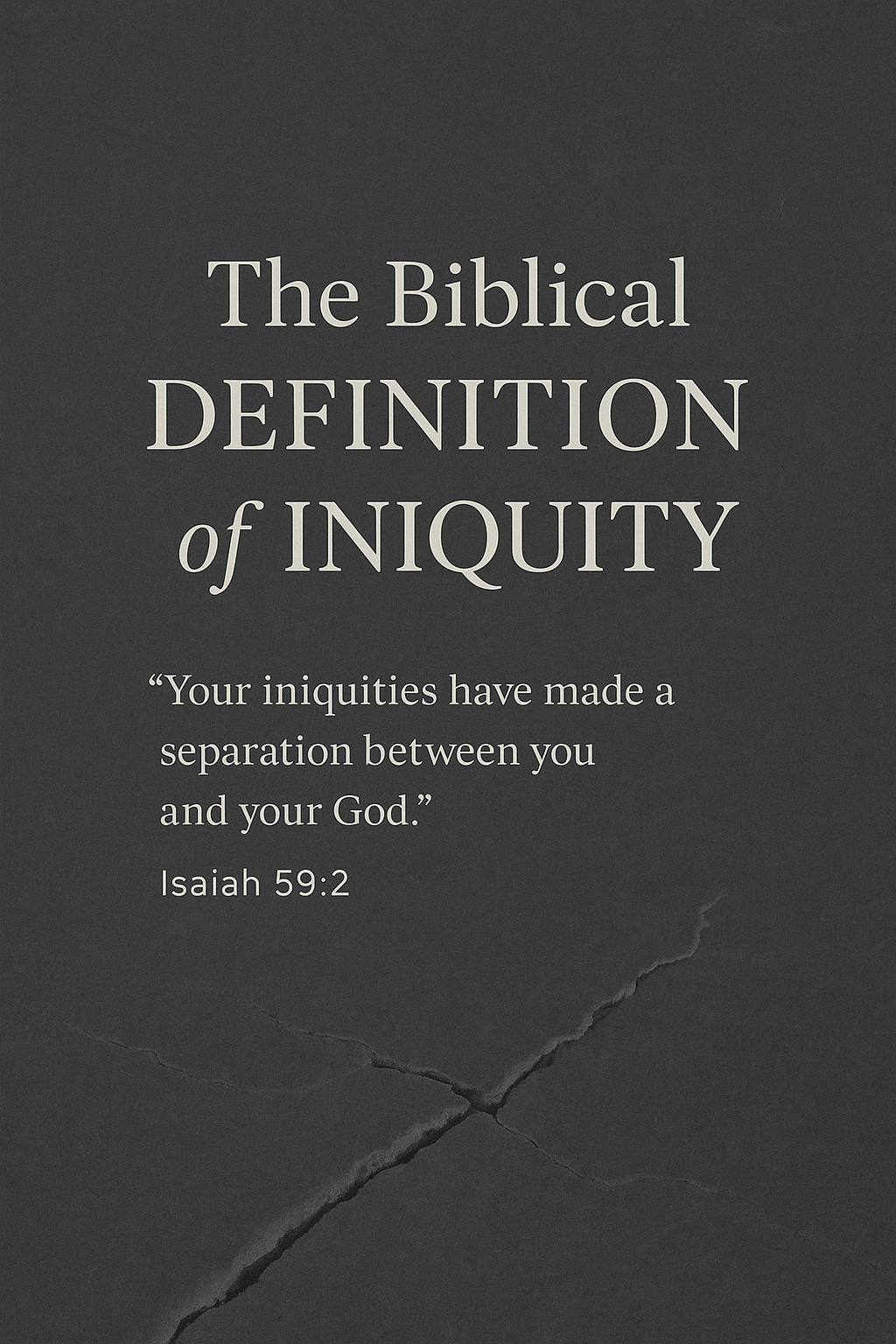Biblical Definition of Iniquity
The biblical definition of iniquity reveals a concept far deeper than a simple act of wrongdoing; it describes a profound distortion in the moral and spiritual fabric of humanity. Iniquity, as found throughout Scripture, is not just a synonym for sin, but a term with unique nuances that underscore the seriousness of human rebellion against God’s standards136.
The Language of Iniquity: Hebrew and Greek Roots
In the Old Testament, the most common Hebrew word translated as “iniquity” is עָוֹן (avon). This word conveys the idea of perversity, depravity, or guilt, often implying a deliberate and conscious deviation from God’s law136. The imagery is that of something bent, twisted, or crooked—behavior that has strayed from the straight path of righteousness.
Psalm 51:5: “Behold, I was brought forth in iniquity, and in sin did my mother conceive me.”
Psalm 32:5: “I acknowledged my sin to you, and I did not cover my iniquity; I said, ‘I will confess my transgressions to the LORD,’ and you forgave the iniquity of my sin.”
In the New Testament, the Greek word ἀνομία (anomia) is often used, meaning lawlessness or the condition of being without law13. Another term, ἀδικία (adikia), means unrighteousness.
Matthew 7:23: “And then will I declare to them, ‘I never knew you; depart from me, you workers of lawlessness [iniquity].’”
1 John 3:4: “Everyone who makes a practice of sinning also practices lawlessness; sin is lawlessness.”
Iniquity vs. Sin vs. Transgression
While all three terms—sin, transgression, and iniquity—are related, the Bible uses them to highlight different aspects of human disobedience:
Sin (Hebrew: חַטָּאת, chattath): Missing the mark or falling short of God’s standard.
Transgression (Hebrew: פֶּשַׁע, pesha): Rebellion or crossing a clearly defined boundary.
Iniquity (Hebrew: עָוֹן, avon): The innate crookedness or moral distortion that leads to repeated, willful sin1346.
Iniquity is often described as the character of an action rather than the action itself35. It is a twisting of what is good, a corruption of the heart that leads to ongoing patterns of sin.
The Nature and Progression of Iniquity
Iniquity is not just a single act; it is a state of being or a pattern of behavior that becomes ingrained over time4. The Bible describes iniquity as:
Premeditated: Planned or intentional wrongdoing (Micah 2:1).
Escalating: One sin leads to another, resulting in a hardened heart (Romans 1:28).
Defining: A lifestyle that eventually identifies a person (Galatians 5:19–21; 1 Corinthians 6:9–10).
“Woe to those who plan iniquity, to those who plot evil on their beds! At morning’s light they carry it out because it is in their power to do it.” — Micah 2:14
King David’s story is a classic biblical example. His initial sin with Bathsheba led to further acts—adultery, deceit, and murder—until he was confronted and repented (2 Samuel 11; Psalm 51)4.
Iniquity and Its Consequences
In the Bible, iniquity carries not only the idea of guilt but also the punishment or consequences that follow3. The Hebrew concept often blurs the line between the act, the guilt, and the resulting suffering.
Genesis 4:13: “My punishment is greater than I can bear.”
Isaiah 53:11: “He shall bear their iniquities.”
The phrase “bear iniquity” often means to endure the consequences of one’s own or another’s iniquity. In some cases, this points forward to the Messianic hope—the Servant of the Lord who would bear the iniquities of many (Isaiah 53:6, 11).
Iniquity as Distortion: The Bible’s Imagery
The Bible frequently uses imagery to describe iniquity as a twisting or distorting of what is good6. The Hebrew word avon can refer to a crooked path (Lamentations 3:9) or a bent back (Psalm 38:6). This metaphor highlights how iniquity warps the original goodness of God’s creation and intentions.
“Avon is about distorting what was otherwise beautiful and good… The choice to sin often begins with an urge to look out for ‘me, myself, and I’ and ignore our human purpose, which is to care for others as we care for ourselves, to love one another as God loves.”6
The Spiritual Impact of Iniquity
Iniquity has profound spiritual consequences:
Separates from God: “Your iniquities have made a separation between you and your God” (Isaiah 59:2).
Hardens the heart: Persistent iniquity leads to a seared conscience and spiritual blindness (Romans 1:28).
Invites judgment: “The wages of sin is death” (Romans 6:23).
Yet, the Bible also emphasizes that God forgives iniquity for those who repent:
Psalm 103:3: “Who forgives all your iniquity, who heals all your diseases.”
Micah 7:18: “Who is a God like you, pardoning iniquity…?”
Iniquity in the Life of the Believer
For Christians, understanding iniquity is crucial for spiritual growth and transformation:
Confession and Repentance: The psalmists often plead for forgiveness from both sin and iniquity (Psalm 32:5; 51:2).
Sanctification: Recognizing iniquity in one’s heart is the first step toward genuine change and deeper fellowship with God.
Key Bible Verses on Iniquity
Psalm 51:2: “Wash me thoroughly from my iniquity, and cleanse me from my sin!”
Isaiah 53:6: “The LORD has laid on him the iniquity of us all.”
Romans 6:19: “For just as you once presented your members as slaves to impurity and to lawlessness leading to more lawlessness, so now present your members as slaves to righteousness.”
Modern Relevance: Why Iniquity Still Matters
In a world where moral boundaries are increasingly blurred, the biblical definition of iniquity challenges us to recognize the depth of human brokenness and the need for divine grace. Iniquity is not just about what we do—it’s about who we are apart from Christ.
Understanding iniquity:
Reveals our need for a Savior: Only Jesus can bear and remove our iniquity (Isaiah 53:11).
Calls us to transformation: God invites us to walk in righteousness, leaving behind the twisted ways of iniquity.


















